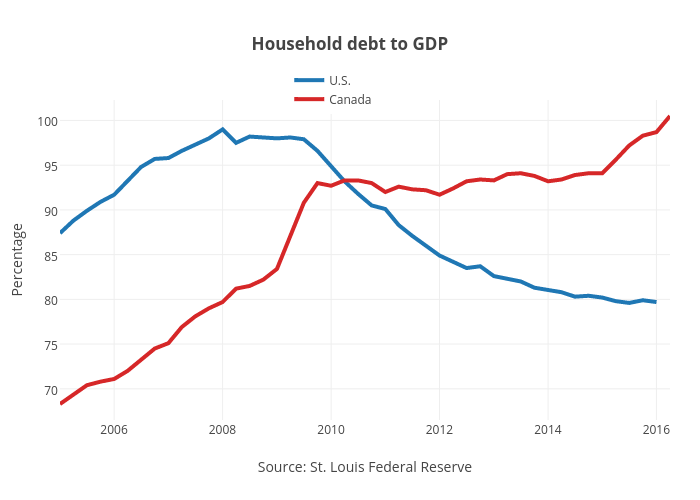Unpredictable to the last, Zimbabwe President
Robert Mugabe abruptly resigned this morning, just as impeachment proceedings against him were getting under way.
I never met the old rogue, but I feel like I have been following his career for half a century. When I went for my day of interviews at Cambridge in the winter of 1966-67, one of the hot topics in international affairs was the future of what was then Southern Rhodesia. The white minority government led by Ian Smith was resisting the efforts of the UK Colonial Office to move toward independence with black majority rule, as had happened all across Africa in the preceding decade. Instead, Smith and his cohorts were threatening a unilateral declaration of independence, or UDI.
So I found myself getting into a lively discussion of Rhodesia and UDI with one of my interviewers that cold winter's day. The interviewer was none other than Simon Schama, just a few years older than me but already taking on a teaching role in the university. I can't have said anything too stupid or outrageous to Schama or the other interviewers, because I wound up getting accepted into the college.
While I was studying, UDI indeed happened, prompting the UK to impose sanctions on Rhodesia. When I graduated, my first job was with the UK's Foreign and Commonwealth Office in London, where the Rhodesia situation was front-and-centre on a daily basis. Mugabe was already a major player in the resistance to Smith by then, having founded ZANU, the Zimbabwe African National Union, back in 1963.
A combination of sanctions and Mugabe-led guerrilla activities through the 1970s finally made Smith's position untenable in 1980, and Mugabe became the first Prime Minister of the renamed Zimbabwe in that year. It's remarkable to look back and see how he was regarded at that time: as a heroic resistance leader and all-round exemplar of liberation and enlightenment. However, it did not take long for tribal rivalries to resurface, with a low-key civil war breaking out in 1981 between Mugabe's ZANU and the rival ZAPU, led by Joshua Nkomo.
Late in the 1980s the ZANU/ZAPU conflict ended, with Mugabe now assuming the Presidency and Nkomo taking a senior position in the government. For a number of years the economy seemed to recover well, but Mugabe's dictatorial ways soon put an end to the progress. A combination of expropriations, venality and outright incompetence turned Zimbabwe from "Africa's breadbasket" into a basket case. With inflation reaching Weimar Republic levels and living standards collapsing, millions of Zimbaweans fled the country, with most heading to South Africa.
Mugabe contrived to stay in office despite losing the 2008 election to Morgan Tsvangirai, but it appears that his determination to see his second wife Grace succeed him finally led the army and the long-suffering populace to oust him. The key question now is, how can Zimbabwe rebuild after the decades lost under Mugabe's misrule?
Can the agricultural sector be reformed so as to restore some of the country's former export capabilities? The farmlands taken from the white planter class were distributed to new owners, who may not wish to give them up. Will South Africa look to return its 2-3 million Zimbabwean immigrants quickly to their homeland? The migrants are a major burden on the South African economy (and a convenient scapegoat for its high crime rate), but it would be almost impossible for Zimbabwe to reabsorb them quickly, given the very high unemployment rate that already exists.
Perhaps most important, will Zimbabwe's foreign friends come to its aid with more than just kind words? The UK, as Zim's former colonial master, would be a logical place to turn for help, but the government in London is bogged down in the Brexit morass, and the anti-foreigner mood among UK voters might make it difficult to offer much material support. A more likely source of help is China, which has been investing massively in east Africa for a number of years. The opportunity to add another state to its growing roster of friends in the region will surely prove irresistible to Beijing, and whoever takes over from Mugabe will not be in any position to drive a hard bargain.
